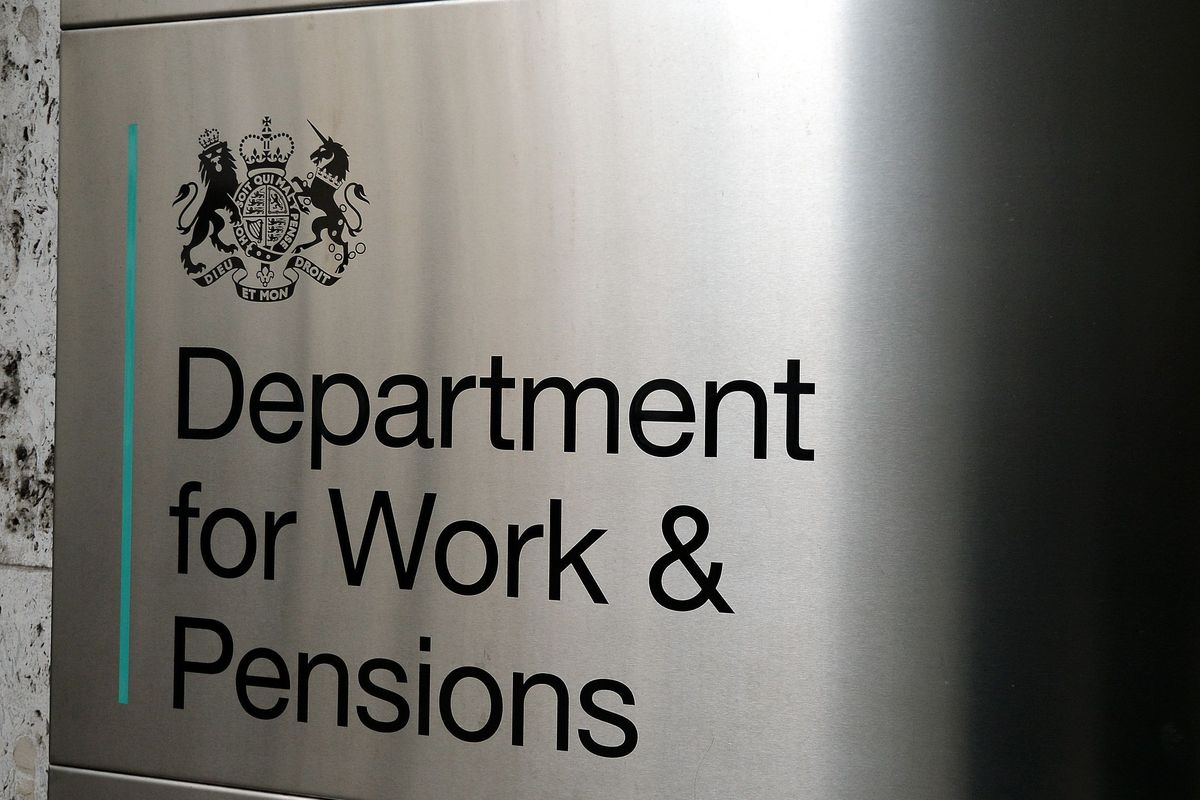A quarter of people approaching retirement have no idea they could boost state pension

25 per cent of people aged 55 to 64 have no idea they could increase their state pension by deferring it
|GETTY

State pension entitlement is linked to one’s National Insurance record but there is another way to boost monthly payments
Don't Miss
Most Read
A quarter of people who are approaching retirement are unaware there is a way everyone entitled to the state pension could boost the amount they get.
A survey has found 25 per cent of people aged 55 to 64, who will soon be making important pension choices, have no idea they could get a higher state pension if they defer the date they receive it.
More than a fifth (22 per cent) of retirees aged 55 and over didn’t know about the option to delay payments in return for an increased sum, the study of 1,050 retired and semi-retired people by Just Group found.
The state pension can be claimed or deferred at state pension age, which is currently 66 years old, and the rules depend on whether a person is entitled to the basic or new state pension.
People who reach state pension age on or after April 6, 2016, for instance, can benefit from a one per cent increase in their weekly state pension for every nine weeks the payments are deferred – equating to nearly 5.8 per cent extra for every full year deferred.
Women (26 per cent) were significantly more likely than men (19 per cent) to not be aware of the possibility of deferring the state pension.
Some 26 per cent of respondents aged 75+ didn’t know about deferral.
Just seven per cent of over 55s said they had opted to defer claiming their state pension.
Stephen Lowe, group communications director at retirement specialist Just Group, said: “Deferring can be good option for people who don’t need the income immediately – perhaps because they are still working or have other sources of cash – so it is disappointing a quarter of those approaching state pension age don’t know about the option.
“While deferring might not be the right option for everyone, it should still be something everyone knows about given that the state pension is widely considered a ‘bread and butter’ source of income in retirement, with 3.4 million retired households relying on it for more than half of their yearly income.”
The full new state pension will rise to £221.20 per week from April 2024, meaning those who defer their payments for the 2024/25 financial year will get an extra £12.78 per week, or £664.58 more per year.
It would mean a person would need to live more than 18 years after state pension age to recover the one year’s missed income, and from that point, it would become a cash-positive decision.
LATEST DEVELOPMENTS:

People approaching state pension age will need to claim it to get it once they qualify
|PA
Mr Lowe said: “Deferring has become less attractive in recent years because the terms have become less generous for those who reached state pension age on or after April 6, 2016, and there is no option to take the deferred income as a lump sum.
“However, even for those who reached state pension age after that date, in some circumstances it can still make sense to forego some income in the short term for a higher income in later life that is currently guaranteed to keep up with inflation.”
Mr Lowe said that while the state pension may be a “straightforward idea” that most people understand, the details can be “complex”.
He added: “It provides an important bedrock of income for many pensioners so it’s very important people have a full understanding of all the options that are available to them.
“Professional, regulated financial advice is the gold standard to later-life planning but the government’s free independent and impartial guidance service, Pension Wise, will also help people reach the information they need.”










